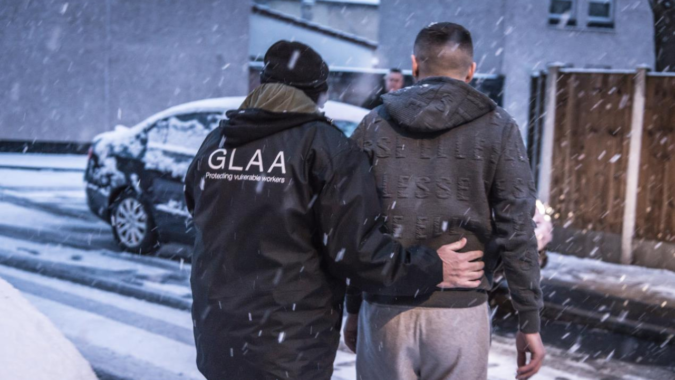We were concerned to read this news. Indian students who have suffered this, please contact us at [email protected]… https://t.co/UgAbL4HkBB
— India in the UK (@HCI_London) 1676022734000
“We were concerned to read this news. Indian students who have suffered this, please contact us at [email protected], and we will provide help/counselling. We assure you of confidentiality in our response,” the High Commission tweeted.
In a report released last week, the Gangmasters and Labour Abuse Authority (GLAA), a UK government intelligence and investigative agency for labour exploitation, said: “Five people suspected of recruiting and exploiting vulnerable Indian students working in care homes across North Wales have been handed a Slavery and Trafficking Risk Order (STRO) … The GLAA has identified more than 50 Indian students as being potential victims of modern slavery and labour abuse over the last 14 months.”
The individuals have been identified as Mathew Issac, 32, Jinu Cherian, 30, Eldhose Cherian, 25, Eldhose Kuriachan, 25, and Jacob Liju, 47. They all hail from Kerala.
All five were arrested by the GLAA between December 2021 and May 2022. Investigations are ongoing but there have been no criminal charges at this stage.
“The defendants are originally from the state of Kerala in India and have links to care homes in Abergele, Pwllheli, Llandudno, and Colwyn Bay, either by working there themselves or having a direct family link to someone who works in them,” the report said.
Issac and his wife, Jinu Cherian, also supplied workers through Alexa Care Solutions, a recruitment agency registered in May 2021.
“Reports to the Modern Slavery and Exploitation Helpline only three months later said that Indian workers employed by Alexa Care were not being paid correctly or were having their wages withheld. Significant concerns were raised at the same time about the workers’ appearance and that they always appeared to be hungry,” the report added.
The STRO comes with a series of stringent conditions on the accused, including preventing them from arranging work, transport or travel for anyone and allowing the GLAA access, at any reasonable time, to where they are living to establish and confirm that the order is being complied with.
GLAA senior investigating officer Martin Plimmer said: “We are all aware that staffing levels have been a cause concern in the care sector for some time, and have not been helped by the Covid pandemic. Unfortunately, where labour shortages exist, there is an increased risk of opportunists using the situation for their own financial gain, usually at the expense of workers that they are exploiting. Tackling the exploitation of workers in care homes is one of the GLAA’s top priorities, and this order is crucial in restricting the activities of those we suspect would otherwise commit slavery or trafficking offences.”
(With inputs from agencies)
